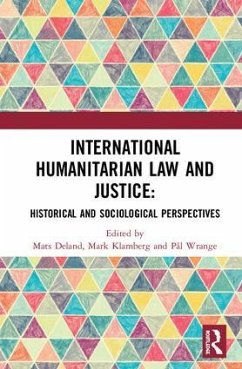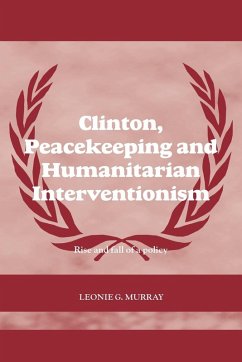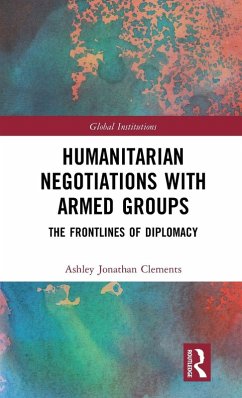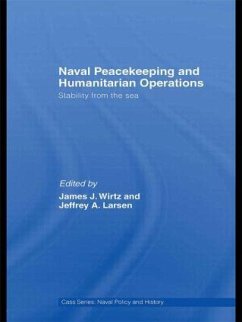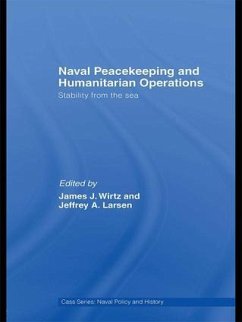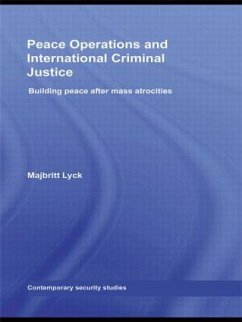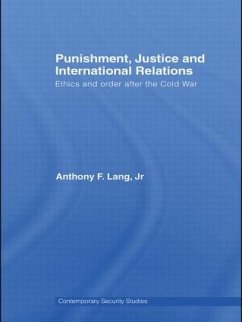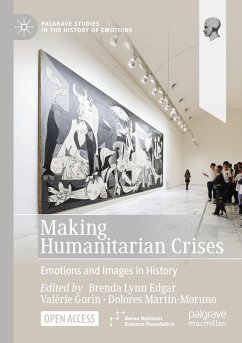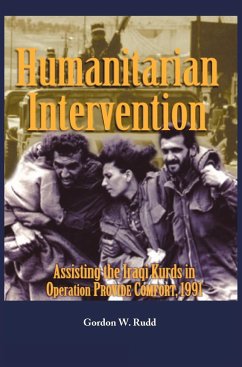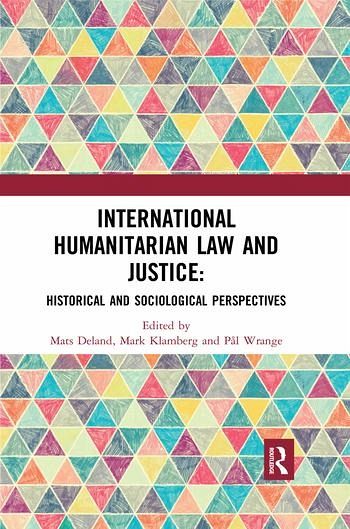
International Humanitarian Law and Justice
Historical and Sociological Perspectives
Herausgeber: Deland, Mats; Wrange, Pål; Klamberg, Mark
Versandkostenfrei!
Versandfertig in 1-2 Wochen
55,99 €
inkl. MwSt.

PAYBACK Punkte
28 °P sammeln!
In the last decade, there has been a turn to history in international humanitarian law and its accompanying fields. To examine this historization and to expand the current scope of scholarship, this book brings together scholars from various fields, including law, history, sociology, and international relations. Human rights law, international criminal law, and the law on the use of force are all explored across the text's four main themes: historiographies of selected fields of international law; evolution of specific international humanitarian law rules in the context of legal gaps and fault...
In the last decade, there has been a turn to history in international humanitarian law and its accompanying fields. To examine this historization and to expand the current scope of scholarship, this book brings together scholars from various fields, including law, history, sociology, and international relations. Human rights law, international criminal law, and the law on the use of force are all explored across the text's four main themes: historiographies of selected fields of international law; evolution of specific international humanitarian law rules in the context of legal gaps and fault lines; emotions as a factor in international law; and how actors can influence history. This work will enhance and broaden readers' knowledge of the field and serve as an excellent starting point for further research.





